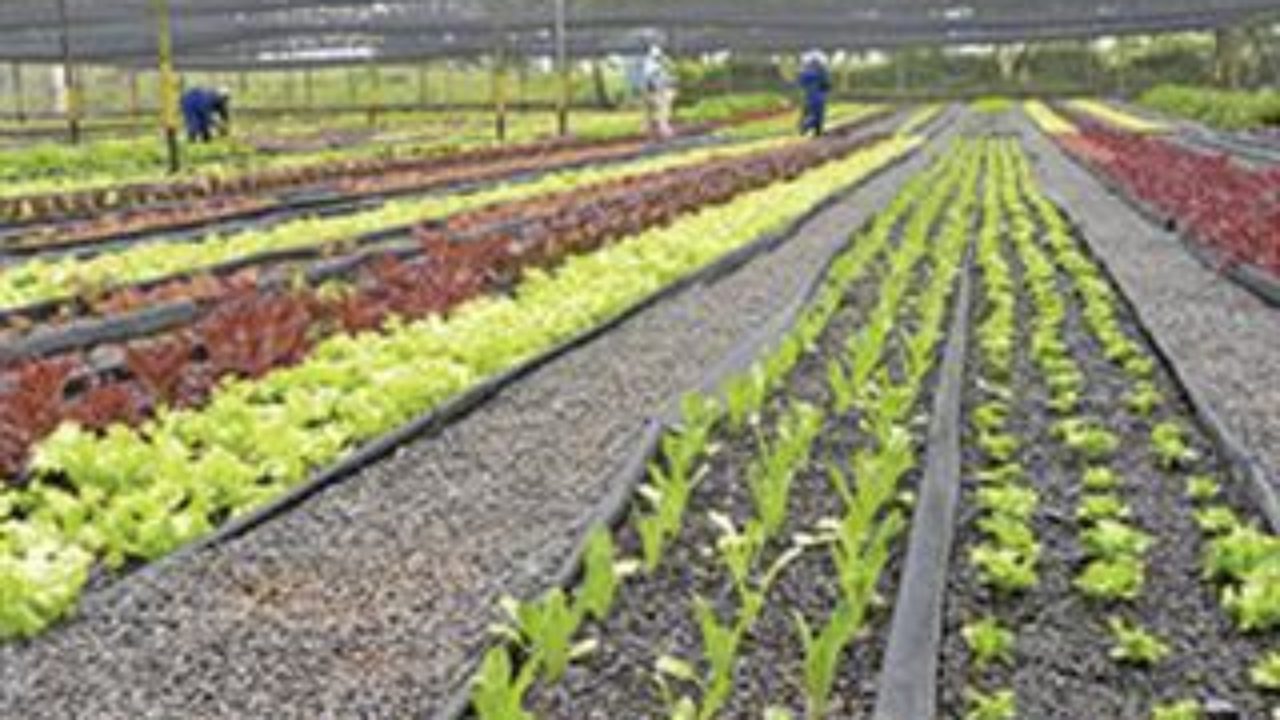Hydroponic Farming Training In Zimbabwe

Training programme focuses on f ood production and processing training courses in an effort to provide member service to active members among many other services provides food production and processing courses.
Hydroponic farming training in zimbabwe. You want to do hydroponics here in zimbabwe it for countries like israel that don t have land and water. Nutrition is supplied by water soluble nutrients in place of soil. An untapped farming method in zimbabwe. 03 dec 2015.
Hydroponics is the growing of plants in nutrient solutions with or without sand gravel or other inert media to provide mechanical support. Hydroponics farming process in hydroponics farming water is enriched with well balanced nutrients which are essential for plants growth and better yield. Hydroponics allows for the cultivation of plants in areas where they wouldn t typically grow. In a backyard in zimbabwe s capital a 50 year old mother of two is using hydroponics to grow vegetables for some of harare s top restaurants defying drought and an economic crisis.
The covid 19 induced lockdown pushed the training online which has helped her to reach more trainees including those based outside zimbabwe. These courses can be organized and run at head office in harare or for organized groups at venues selected by the recipients. A worker tends to plants at a hydroponic farm in harare zimbabwe on oct. Water level ph will be maintained within the specific range which results in better growth and produce.
Xinhua tafara mugwara last year she began training others to practice hydroponic farming and to date about. They have an upcoming training scheduled for the 21st of september. Venensia mukarati whose day job is an accountant always had a passion for farming but no land on which to plant. Last year she began training others to practice hydroponic farming and to date about 150 people have undergone the training.
Tell us about hydroponic farming and why you chose it. You also offer training on hydroponic farming. Most hydroponic reservoirs are now built of plastic but other materials have been used including concrete glass.


























